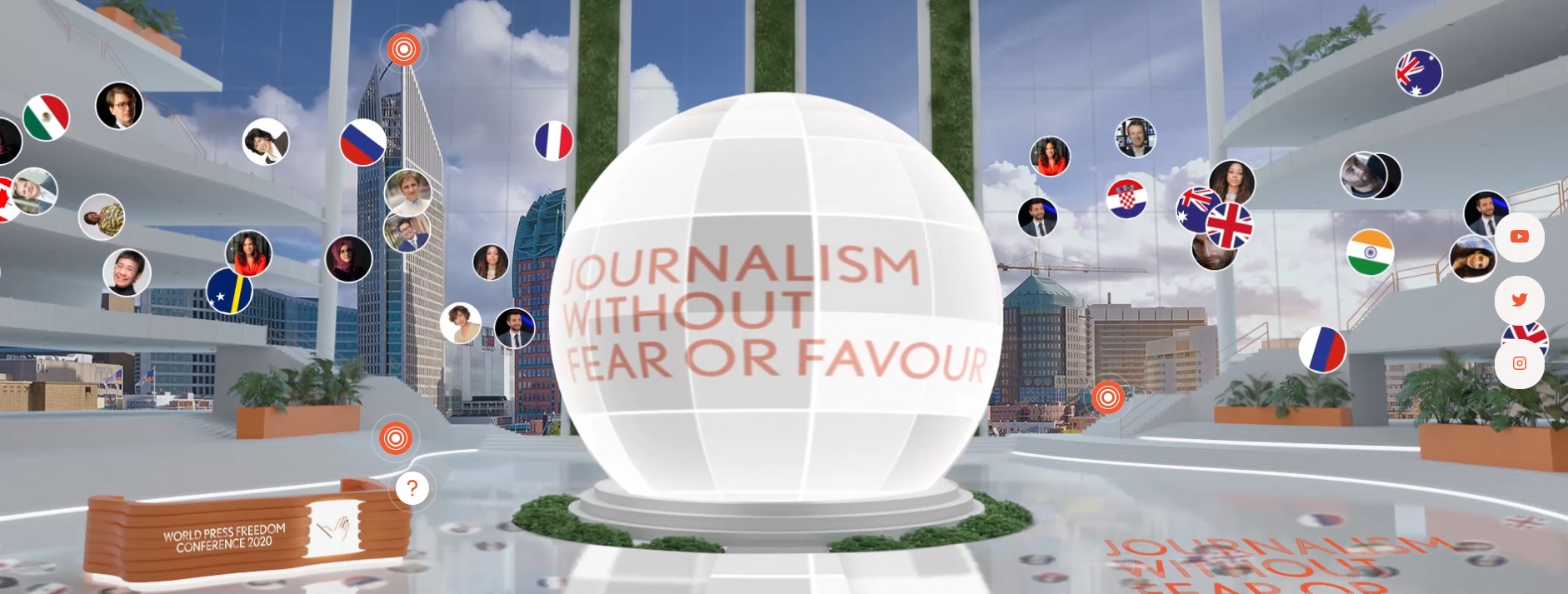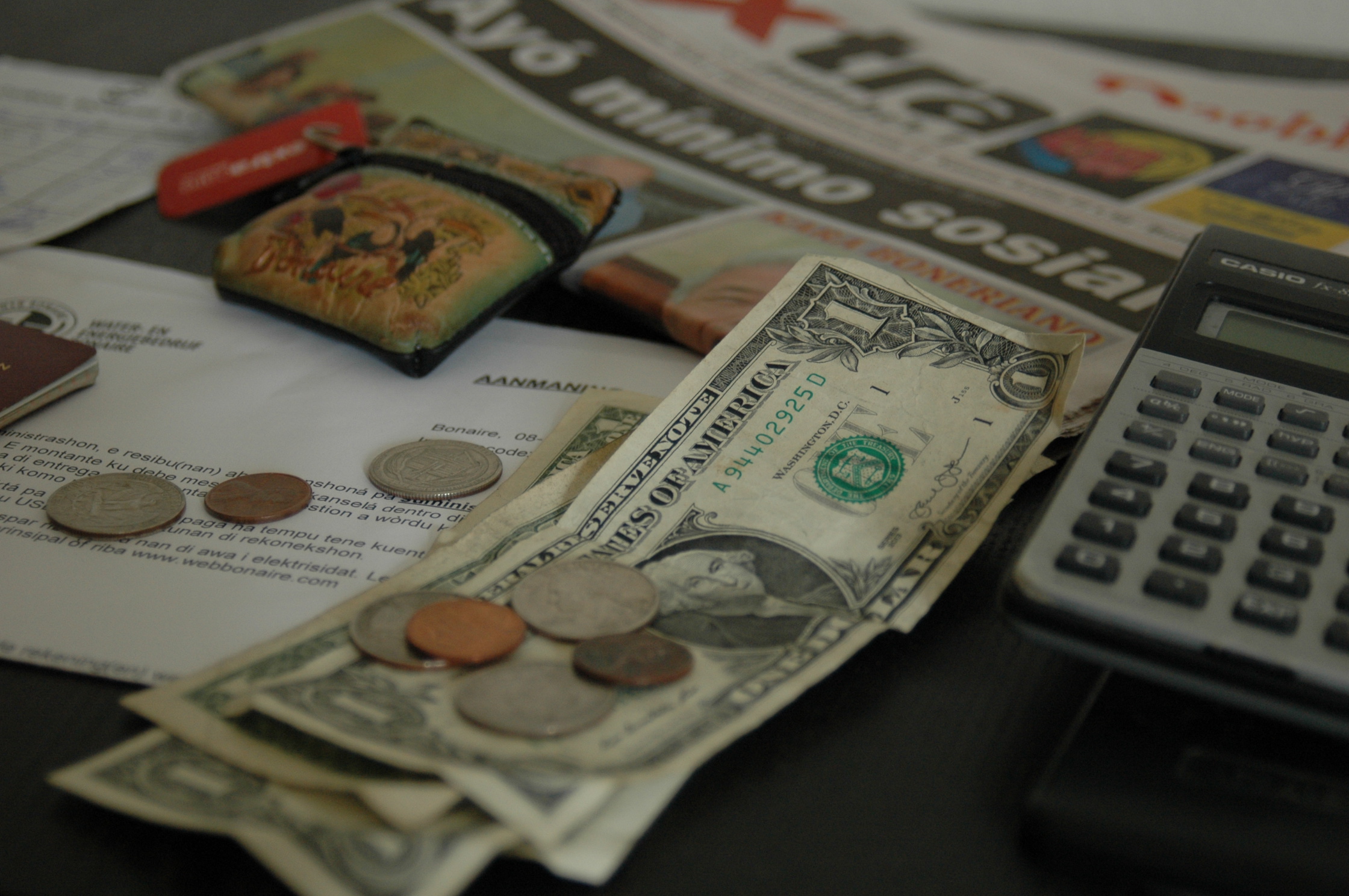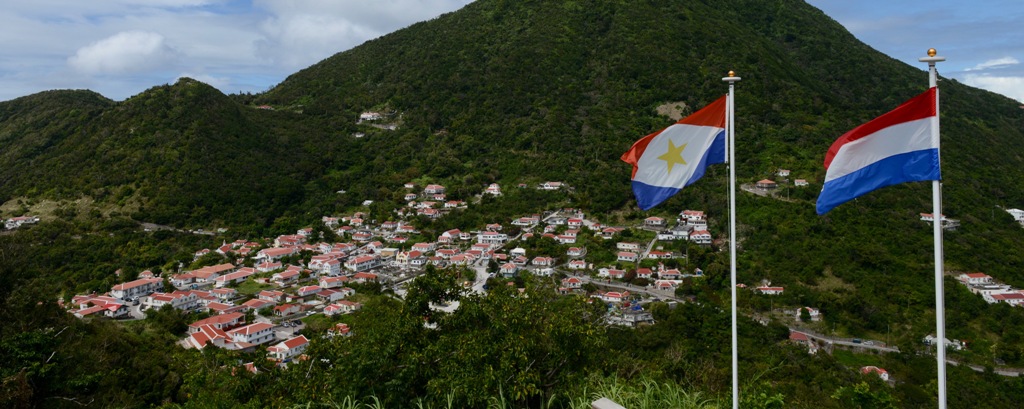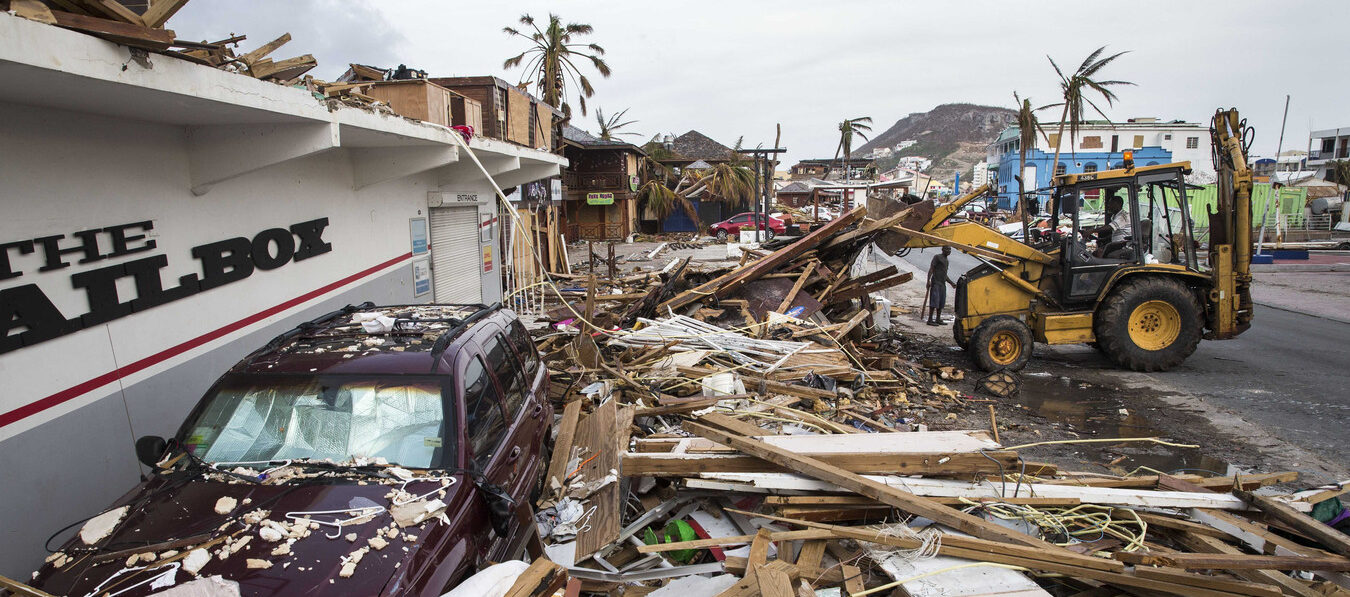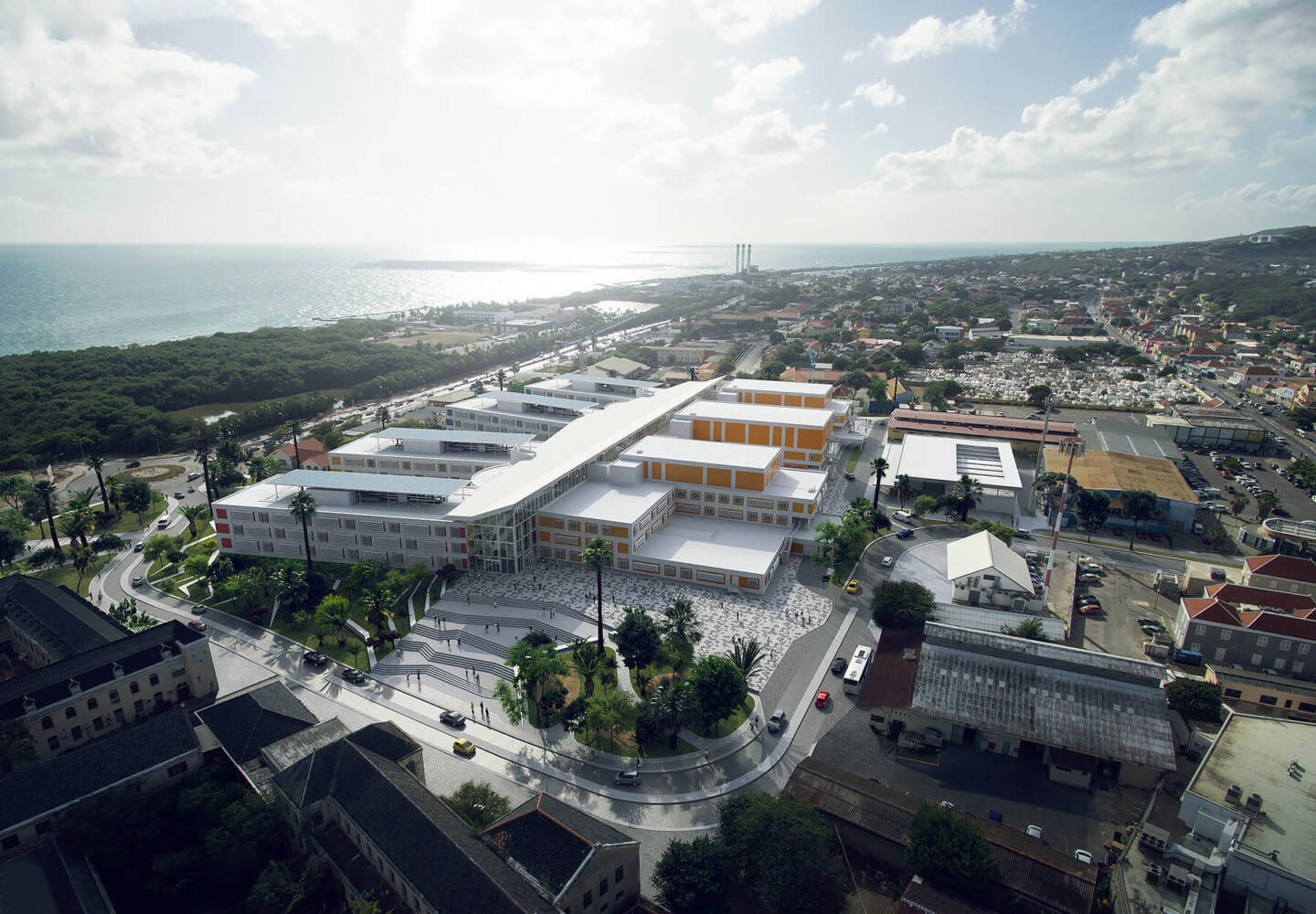ORANJESTAD – During the World Press Freedom Conference (WPFC) which the Kingdom of the Netherlands helped organize, minister Stef Blok stated that the freedom of the press has ‘an absolute priority within the Netherlands’. But questions about if the freedom of the press is protected on the Dutch Caribbean islands remained unanswered.
Multiple questions posed by Caribbean Network during the worldwide conference, which thousands of attendees attended virtually, remained unanswered. The organizing ministry, the Ministry of General Affairs, has not yet responded to the questions.
Funds for protecting press freedomFemale journalists are targeted more often on social media. During a Ministerial Round Table at the WPFC, the ministers of 56 countries joined in on endorsing a commitment to better protect press freedom and journalists worldwide. Additionally the Netherlands will allocate 7 million euros to help achieve this. With the Shelter City program, journalists who have been threatened can find shelter. Next year UNESCO will, with funds provided by the Netherlands, train police and other security forces on the subject of protecting journalists. On Aruba, several media outlets have stated that the police itself can be a hindrance. “Not everyone who works for the police treat journalists correctly; some officers behave badly: fighting and quarreling with us. The police force doesn’t reply to our queries. The spokesperson for the force is indolent and biased towards their favorite journalists while neglecting to inform others”, according to Edmond Croes, director of several media outlets including Solo di Pueblo. |
Dutch Caribbean journalists have been under attack by both the government and the public since the corona crisis started. Only journalists on Bonaire seem to have been spared.
The power of social media
What became clear next to that – and one of the main subjects during the WPFC conference – is the role of social media platforms during this crisis. The constantly growing popularity of Whatsapp, Facebook, Instagram, Twitter, and other digital platforms means that it has become a lot harder for journalists to reach their audience.
They have to compete with all manner of information, including fake news, disinformation and have to fight off attacks by user groups. These groups are deployed by politicians or other stakeholders (and paid) because they are not happy with being asked critical questions or independent inquiries by journalists. These groups are out to turn public opinion against journalists. That is exactly what happened on Facebook to journalists from Aruba and Curaçao.
Privacy and internet expert Marietje Schaake, who is the director of the Cyber Policy Center of the University of Stanford had this to say about it during the conference: “The time has come to demand accountability from the Facebooks, YouTubes, and Amazons of the world for the huge amount of power they have. They need to be transparent about how their platforms influence human behavior and can lead to violence. These platforms are geared towards profit and not towards the health of people or to protect democracy. Which became very clear during this pandemic.”
‘Countries that accuse other countries of violations, have to maintain the highest standards themselves’
-Marietje Schaake, Cyber Policy Center Stanford
Worldwide more initiatives have popped-up to stymie the (viral) spread of disinformation, and where digital platforms are held accountable. Like the Trusted News Initiative which has an early warning system and a digital watermark. The European Union also implemented a new sanction scheme against countries who violate human rights (including press freedom). And even the cancellation of trade agreements is on the table.
Schaake also believes that conditions should be attached to development aid; so only invest in countries which fight for press freedom and not in those that don’t.
The internet expert does note however: “Countries that accuse other countries of violations, have to maintain the highest standards themselves. When I used to be an MEP and I would point out violations to countries which arrested journalists, they would always jump to say: you don’t protect them in Europe either.”
The Netherlands is a forerunner when it comes to press freedom, but at the same time minister Blok (who is also the minister of Foreign Affairs for the Dutch Caribbean islands) acknowledges that ‘not everything is perfect in our country’. “Unfortunately journalists in the Netherlands also receive threats, especially from organized crime syndicates.” However he never once mentions the incidents that happened this year within the rest of the Kingdom.
State secretary Raymond Knops, tasked with Kingdom Relations who answered written questions on behalf minister Slob (Media) of Dutch MP’s about the curtailment of press freedom on Aruba and Curaçao, didn’t want to speak about the different incidents on the islands. Additionally he didn’t find it necessary to attach conditions to the financial aid provided to the islands which would guarantee the freedom of the press.
A few of the assumptions that Knops made when answering the Parliamentary questions were also incorrect. When asked about this, his spokesperson refered back to minister Slob, who is tasked with those topics. But minister Slob has not replied as of yet.
‘Lies about my arrest’One of the reactions from minister Dangui Oduber. He had previously sent out a statement where he claims to have sent out a rectification to Caribbean Network. “I am still dealing with the consequences of my illegal arrest”, says Sharina Henriquez, a journalist for Caribbean Network. “I want my records to be scrubbed from the police database and a public apology from the police and the Office for the Public Prosecutor. The public prosecutor insinuated that the assistant prosecutor didn’t know that I was a journalist. While the police recently confirmed once again that the assistant prosecutor was immediately made aware of this fact. I also want an apology from the government. My arrest was not a stand-alone incident. Before that minister Dangui Oduber had already tried to publicly discredit me. His coordinator Judelca Briceño once interrupted an interview I was carrying out with a business owner. The government used public funds to smear my name. That’s the kind of actions that independent journalists in Venezuela have to deal with, to give an example. Look, I would feel a lot safer doing my job if I knew that other professionals and defenders of democracy had my back. Other journalists, but also Parliamentarians, lawyers, and maybe a university that teaches law. But only two other media outlets, 24ora and Radio Bo Guia 88.9 FM, and lawyer Desiree Croes offered public support after my arrest. Luckily Dutch MP’s filled the gap. But obviously they can’t change the behavior of ministers here. I was also happy with the attention Reporters Without Borders paid to my situation. They were appalled by the fact that in the Kingdom of the Netherlands, which has an outstanding reputation when it comes to the freedom of the press, a journalist was arrested. Unfortunately that has been reported. Corona made it explicitly clear to me the value that Aruba associates with democracy.” |




